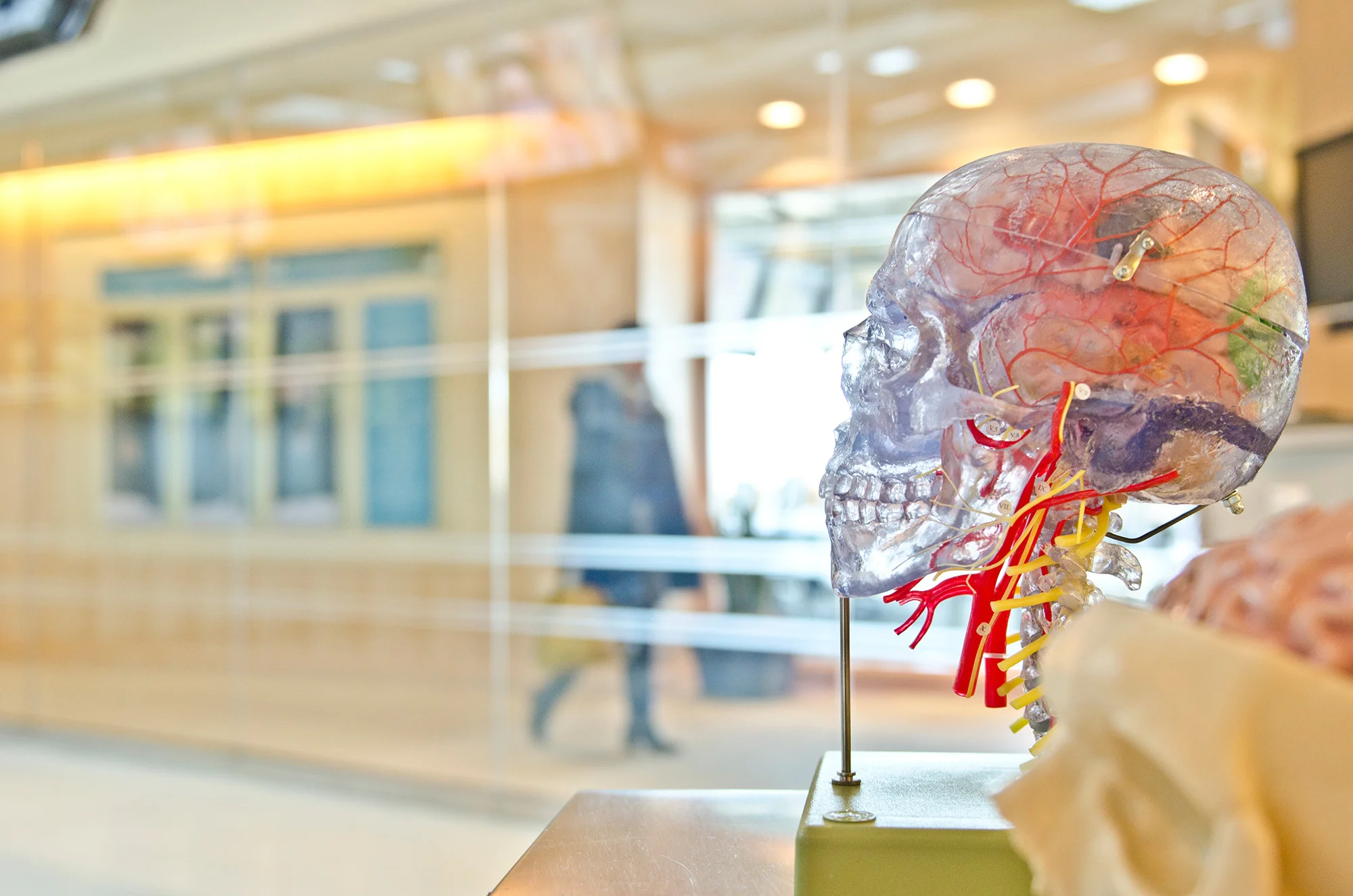Assessments
Children, adolescents & adults
A comprehensive and well planned evaluation that is specialized to the individual is key to understanding overall functioning. Follow-up support with parents, teachers, and other professionals is important to support developmental and academic or occupational progress of the child, adolescent or adult.
Assess Changes in Cognition:
- Head injuries & post-concussive syndrome
- Dementing disorders (e.g., Alzheimer’s disease)
- Stroke
- Seizure disorders
- Brain tumors
- Neurotoxin exposure
Assess Learning & Attention Concerns:
- Learning problems (reading, writing, mathematics)
- Language impairment (dysphasia)
- Attention concerns (ADD/ADHD) & executive function problems
- Derogations (early or late admission to kindergarten)
- Giftedness & IQ testing
Assessment of Concerns Related to:
- Stress, worry, anxiety
- Obsessions, compulsions, obsessions, rigidity, tics
- Pediatric Feeding Disorders, pill swallowing, poor food variety
- Personality, development, Autism Spectrum Disorders
- Sadness, depression, anger, emotional regulation
After the assessment: What's next?
After an assessment, additional services may be desired:
- Support at Meetings: We are available to attend meetings within or outside school to help explain the results of the evaluation to teachers and to prioritize recommendations and negotiate accommodations.
- Help Taking Action: Helping you implement the recommendations and advocate for accommodations at all levels of education.
- Psychoeducation: Continued information, education, and consultation after the assessment.
- Other Therapeutic Interventions
Following the assessment process, our clients often report experiencing a sense of hope and relief about a diagnosis and/or a greater understanding about their specific concerns. They feel a renewed sense of possibility about the future for themselves and/or their child.



